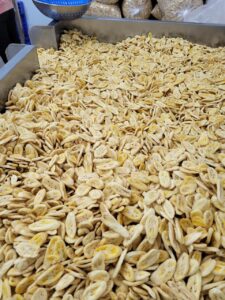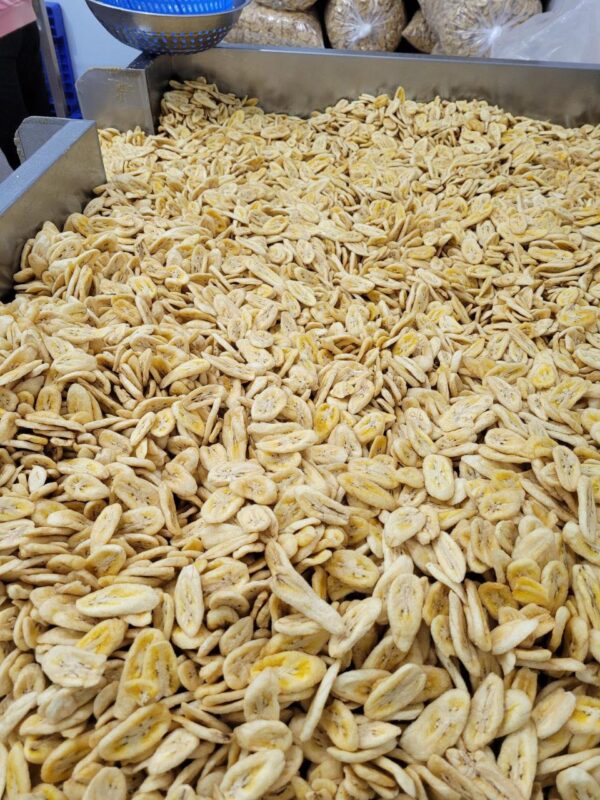Last updated on February 18th, 2025 at 08:22 am
Introduction
Blood tests are an essential part of routine health checkups, used to assess various health metrics such as glucose levels, cholesterol, and liver function. If you’re preparing for a fasting blood test, you may wonder whether it’s okay to drink coffee beforehand.
Can drinking coffee before a blood test affect the results? The short answer is yes, but the effect varies depending on the type of test you’re having. In this post, we’ll explore how coffee—especially black coffee—can impact different types of blood tests, including those measuring glucose, cholesterol, and lipid levels. We’ll also discuss the ideal conditions for fasting before a blood test and how you can prepare for accurate results.
How Coffee Affects Blood Tests
Drinking coffee before a blood test can interfere with the results, especially if the test is measuring glucose, cholesterol, or lipid levels. Here’s why:
1. Coffee and Fasting Blood Tests
For many blood tests, particularly glucose and lipid panels, fasting for 8-12 hours is required. Fasting helps provide accurate measurements of your blood sugar and cholesterol levels without the influence of food or beverages.
- Black Coffee and Glucose Levels: Coffee, especially black coffee, contains caffeine, which can stimulate the release of insulin and raise blood sugar levels. This could lead to inaccurate results, especially in tests such as the fasting blood glucose test.
- Coffee and Lipid Panel: While black coffee doesn’t contain fat, its stimulant effect can still impact your cholesterol and triglyceride levels, potentially skewing the results of a lipid panel.
Pro Tip: If you need to undergo a fasting blood test, it’s best to avoid drinking coffee (even black coffee) beforehand. Water is the safest option during your fasting period.

2. The Effect of Caffeine on Cholesterol Tests
Caffeine, a key ingredient in coffee, can temporarily affect your cholesterol levels. Although coffee doesn’t directly contribute fat, it can stimulate lipid metabolism and cause a temporary increase in cholesterol or triglyceride levels, which can lead to inaccurate results during a cholesterol test.
- Cholesterol Levels: Research suggests that drinking coffee before a cholesterol test can cause a temporary spike in total cholesterol and LDL (low-density lipoprotein) cholesterol levels, which are commonly known as “bad cholesterol.”
- Caffeine and Triglycerides: Caffeine can also temporarily increase triglyceride levels, further distorting the results of lipid panels.
If you’re scheduled for a cholesterol test, it’s advisable to skip coffee for at least 8-12 hours before the test.
Pro Tip: Stick to water if you’re required to fast before a cholesterol or lipid panel test to ensure accurate results.
3. Does Coffee Affect a Complete Blood Count (CBC)?
Unlike tests for glucose or cholesterol, a Complete Blood Count (CBC) typically doesn’t require fasting. However, drinking coffee before a CBC can still cause minor interference with the test results, particularly if consumed in large amounts.
- Coffee and White Blood Cells: Caffeine can stimulate the body, which might temporarily increase white blood cell count. This could affect the interpretation of the test if you’re being screened for infections or immune system disorders.
- Coffee and Platelet Count: While the effects on platelet count are minimal, consuming too much coffee may mildly influence platelet aggregation and clotting factors, potentially affecting the results.
Pro Tip: If your doctor requests a CBC but doesn’t specify fasting, it’s still a good idea to avoid excessive caffeine consumption before the test for the most accurate results.
4. Coffee and Hydration: A Key Factor for Blood Tests
Hydration is crucial for accurate blood tests, especially when measuring electrolytes or kidney function. Coffee, being a mild diuretic, can lead to dehydration, which may skew results in tests that measure electrolyte balance or kidney health.
- Dehydration Effects: If you’re dehydrated from drinking coffee or any caffeinated beverage, your blood volume may decrease, leading to concentrated blood samples. This could affect tests measuring kidney function, blood urea nitrogen (BUN), and creatinine levels.
- Hydration Tips: It’s best to stay hydrated with water before and during your blood test. Avoid caffeinated beverages, which can contribute to dehydration.
Pro Tip: Drink plenty of water before your blood test to ensure accurate and reliable results.
When Can You Drink Coffee Before a Blood Test?
In certain cases, coffee may not affect the accuracy of your blood test, especially if the test does not require fasting. For example, tests that measure iron levels or thyroid function may not be affected by coffee consumption. However, it’s essential to follow the specific instructions given by your healthcare provider.
Best Practices Before Blood Tests:
- Fasting Tests: For tests such as fasting blood glucose and lipid panels, avoid coffee for at least 8-12 hours before your test.
- Non-Fasting Tests: For tests like CBC or thyroid function tests, coffee may not significantly impact the results, but it’s still advisable to follow your healthcare provider’s guidelines.
Pro Tip: Always check with your doctor or healthcare provider for specific fasting requirements before a blood test.
FAQ Section
1. Can I drink coffee before a blood glucose test?
It’s recommended to avoid coffee before a blood glucose test, as caffeine can increase blood sugar levels, leading to inaccurate results.
2. Does drinking coffee affect cholesterol tests?
Yes, drinking coffee before a cholesterol test can cause a temporary increase in triglycerides and LDL cholesterol, leading to skewed results.
3. Is it okay to drink coffee before a Complete Blood Count (CBC)?
While it’s typically fine to drink coffee before a CBC, excessive caffeine may slightly affect certain parameters like white blood cell count.
4. How long before a blood test should I avoid coffee?
For fasting tests like glucose or cholesterol tests, avoid coffee for at least 8-12 hours. For non-fasting tests, it may not matter as much.
Conclusion
Drinking coffee before a blood test can interfere with the results, especially if the test requires fasting, like a glucose or cholesterol test. To ensure the most accurate results, it’s best to follow your healthcare provider’s instructions regarding fasting, hydration, and coffee consumption. Always opt for water before a blood test to avoid any complications.
For more information about coffee and health, check out these useful resources:
- How Many Calories Are in a Cup of Coffee?
- How Many Milligrams of Caffeine Are in a Cup of Coffee?
- How to Roast Coffee Beans for That Perfect Dark Roast Flavor
Stay informed and enjoy your coffee responsibly!









